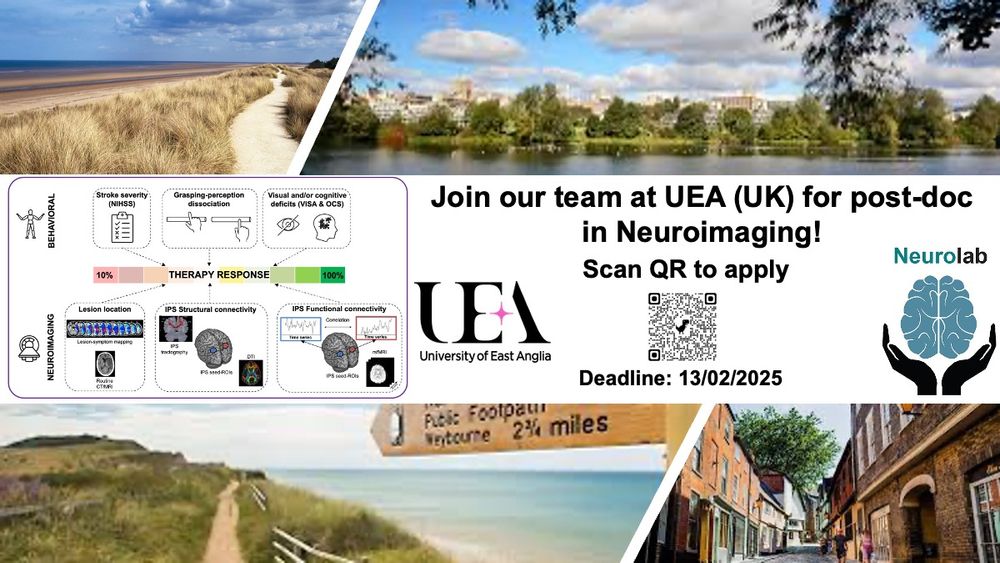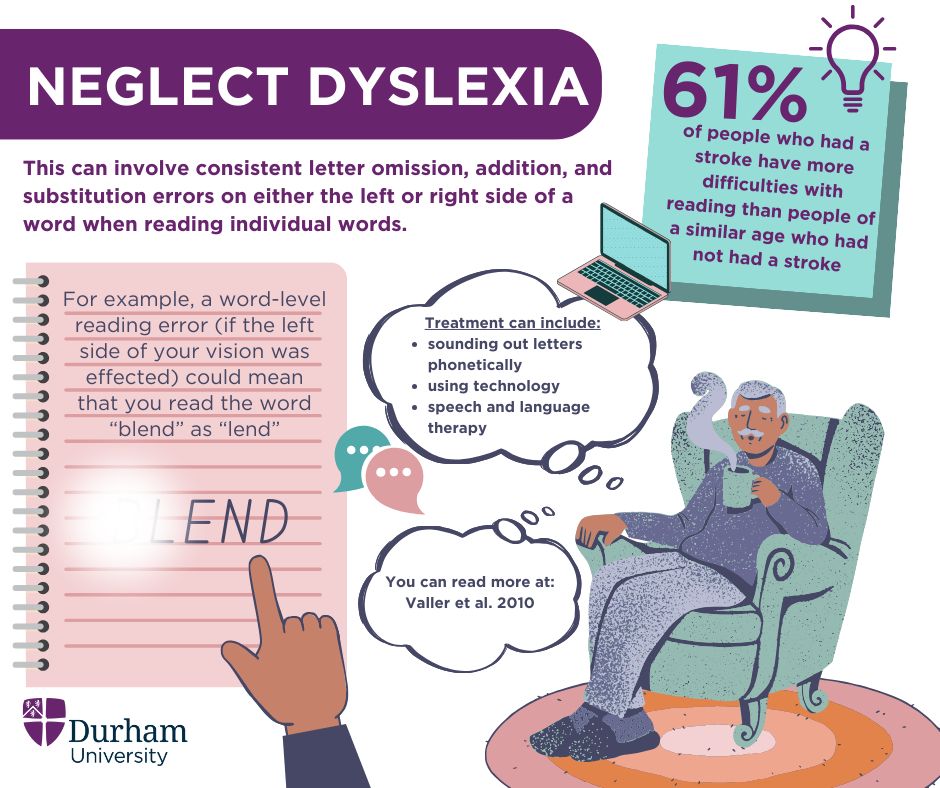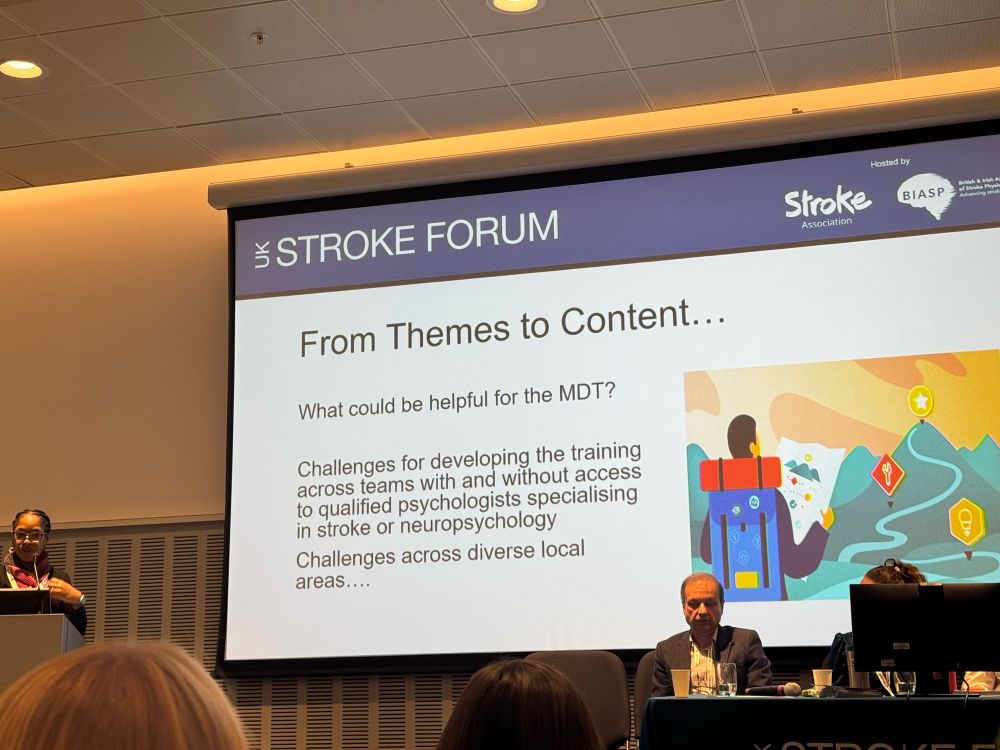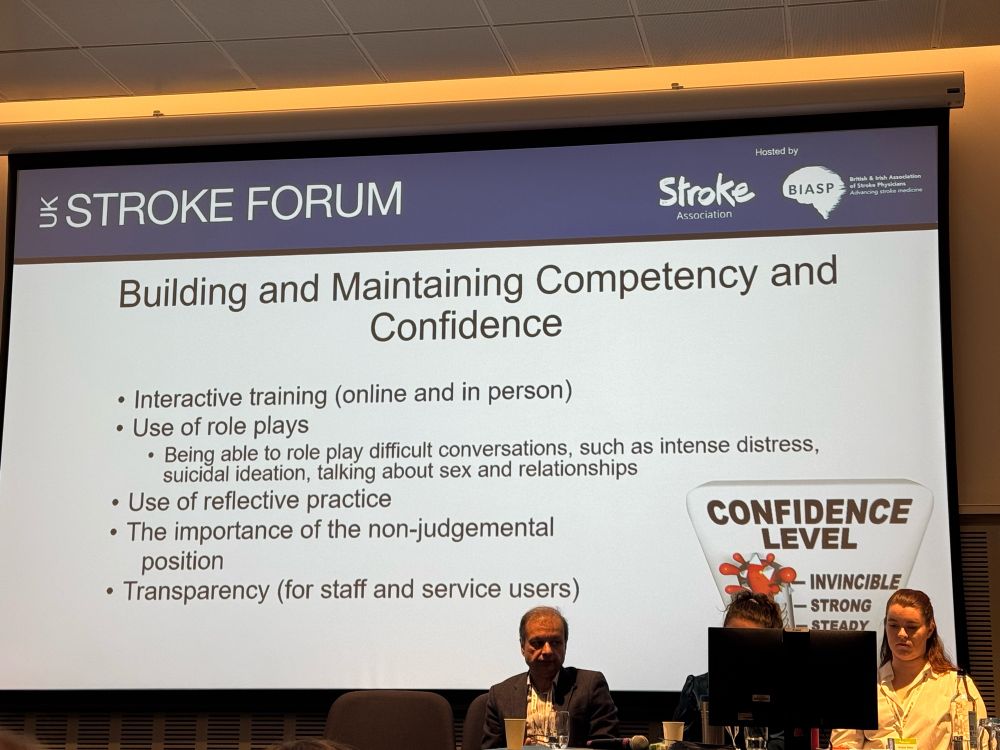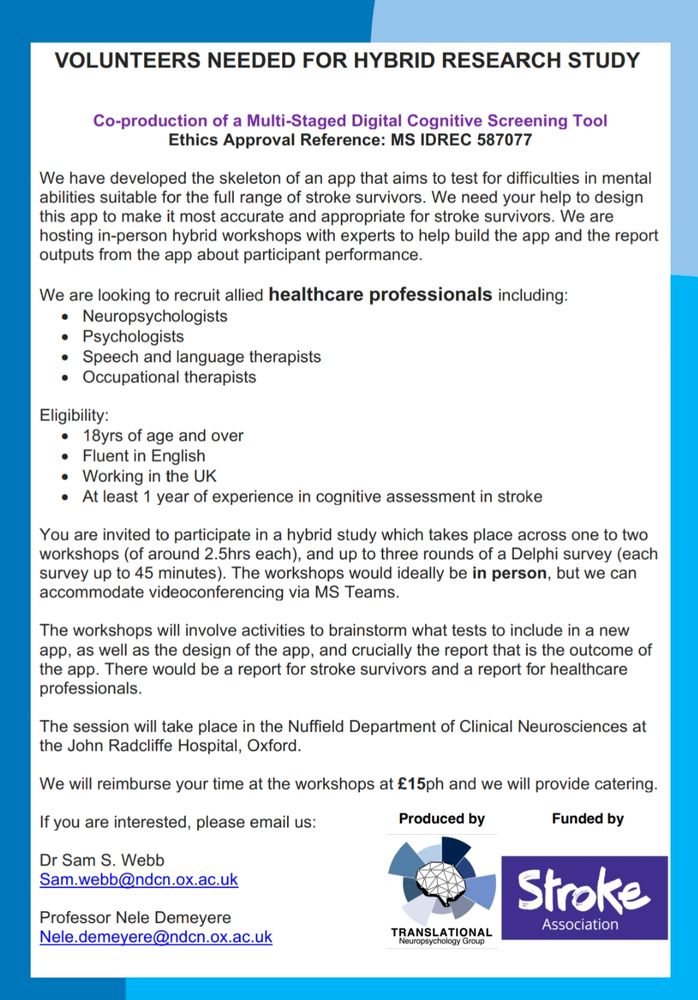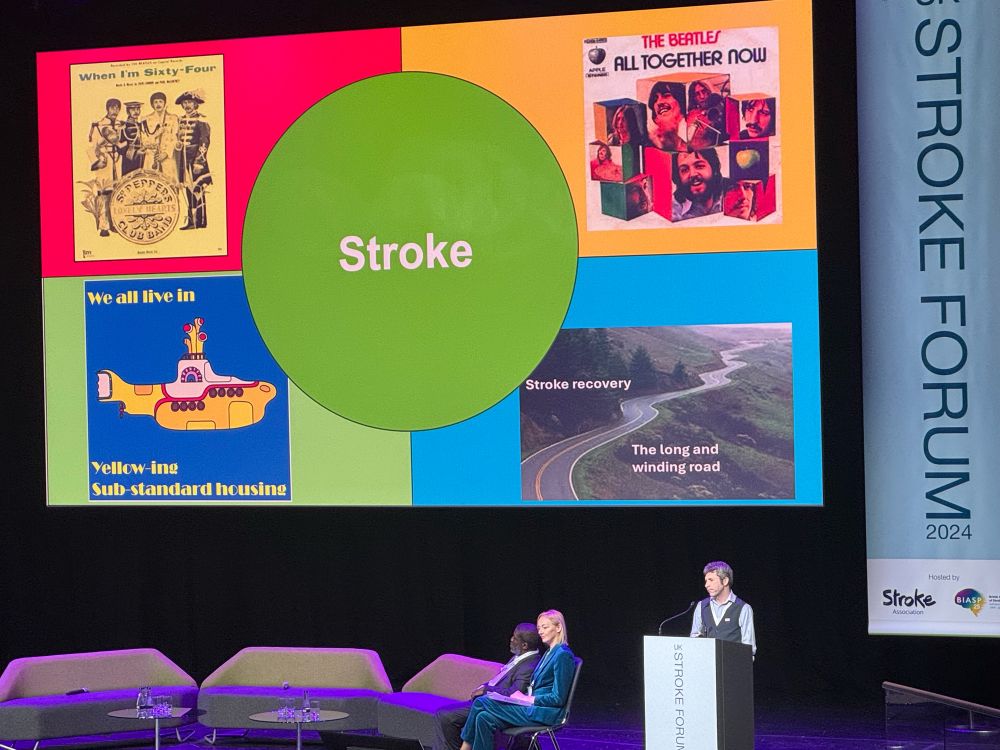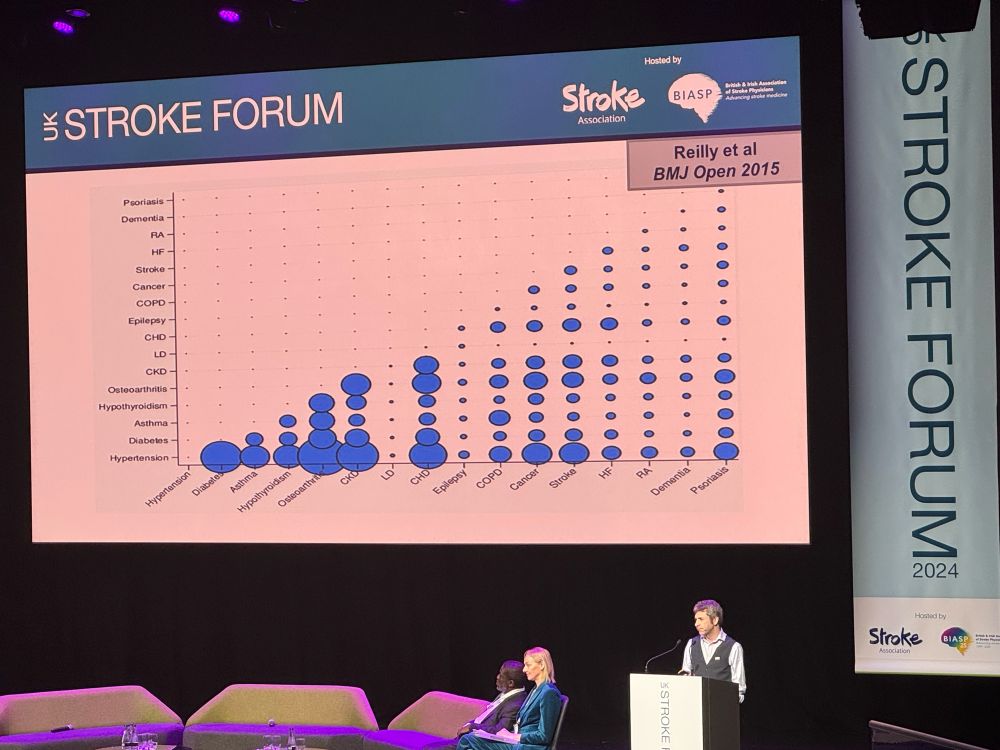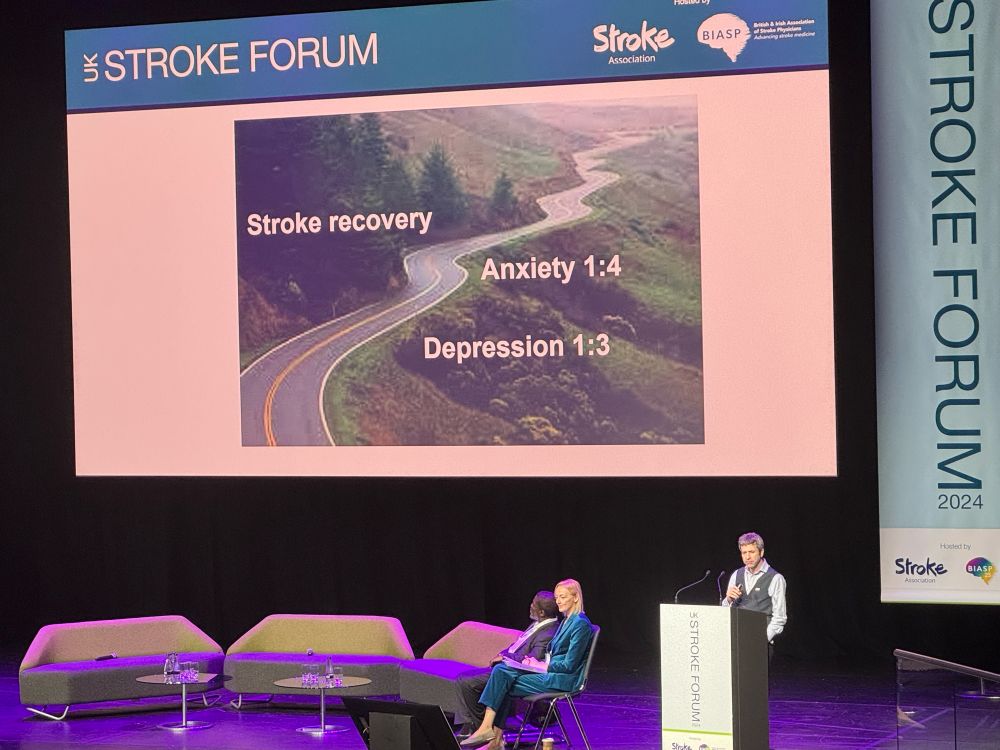Dr Clare Gordon (PhD)
@claregordon.bsky.social
94 followers
82 following
14 posts
Clinical Academic Nurse•Senior Research Fellow @Uni_Lancashire •Consultant Nurse in Stroke @LancsHospitals• Mixed methods researcher• Appreciative Inquirer•@wgstroke
Posts
Media
Videos
Starter Packs
Reposted by Dr Clare Gordon (PhD)
Reposted by Dr Clare Gordon (PhD)
Reposted by Dr Clare Gordon (PhD)
Reposted by Dr Clare Gordon (PhD)
Jeremy Horwood
@jhorwood.bsky.social
· Jan 13
Reposted by Dr Clare Gordon (PhD)
Reposted by Dr Clare Gordon (PhD)
Reposted by Dr Clare Gordon (PhD)
Reposted by Dr Clare Gordon (PhD)
Derick Wade
@derickwaderehab.bsky.social
· Dec 10

Cost consequences analysis of early vocational rehabilitation compared with usual care for stroke survivors - Sarah Pyne, Tracey H Sach, Rory Cameron, Helen Risebro, Alexandra Wright-Hughes, Ellen Tho...
Objective To compare costs and consequences of Early Stroke Specialist Vocational Rehabilitation (ESSVR) with usual care in working age, stroke survivors over 1...
journals.sagepub.com
Reposted by Dr Clare Gordon (PhD)
Reposted by Dr Clare Gordon (PhD)
Reposted by Dr Clare Gordon (PhD)
Reposted by Dr Clare Gordon (PhD)
Reposted by Dr Clare Gordon (PhD)




